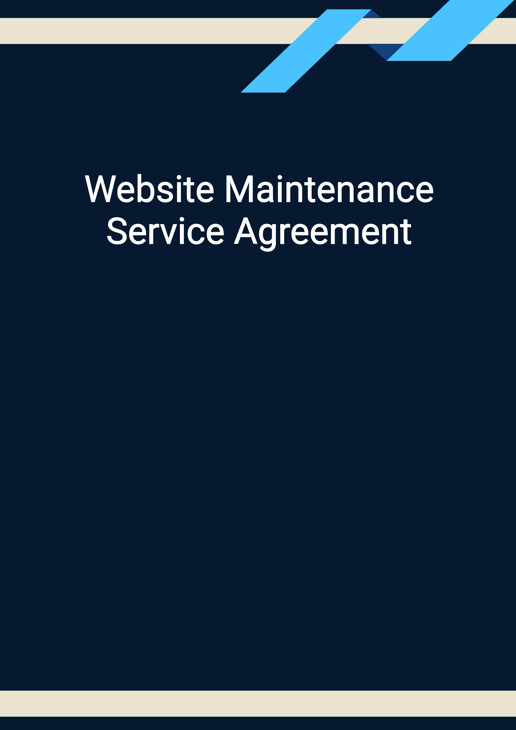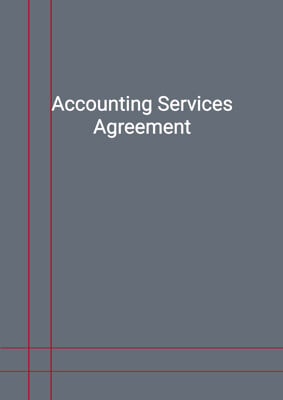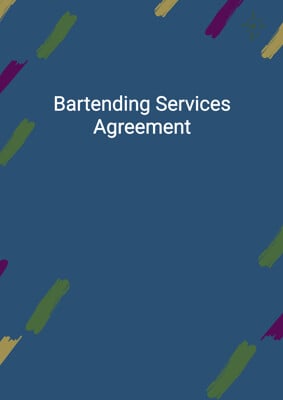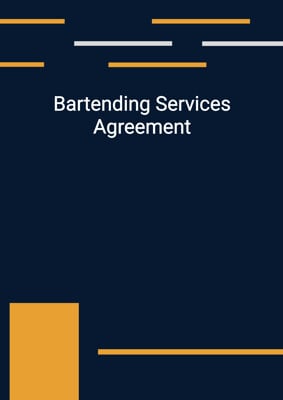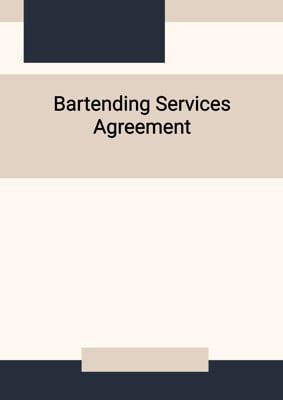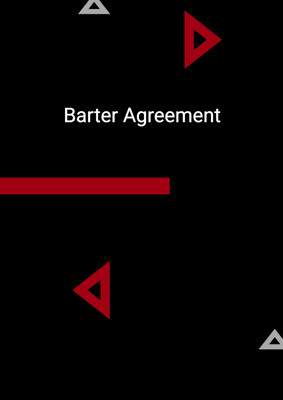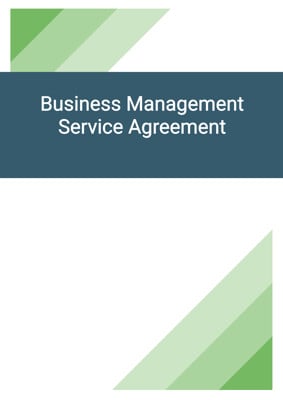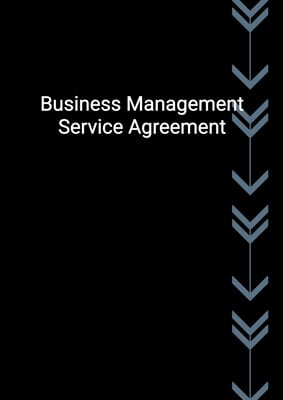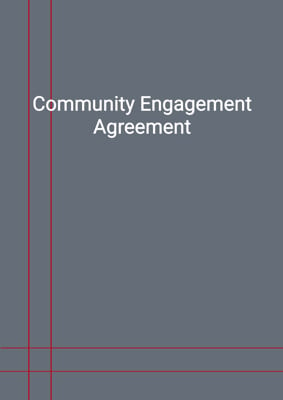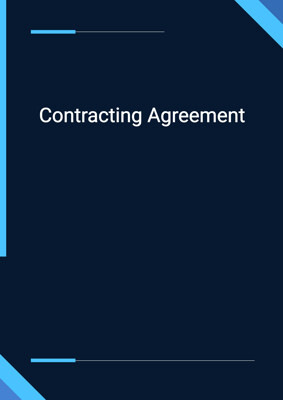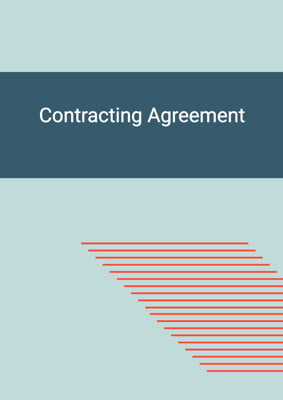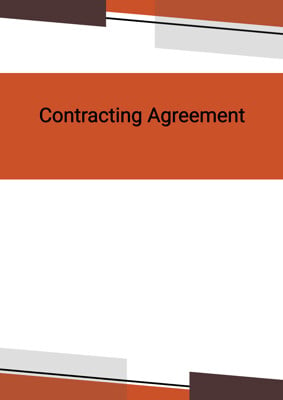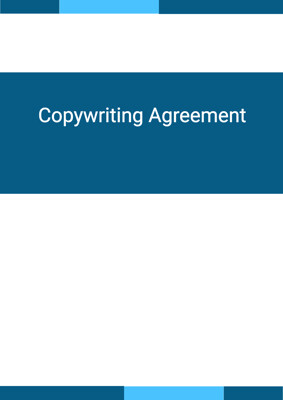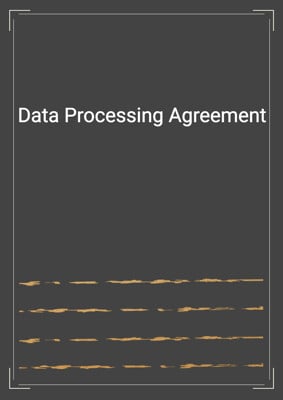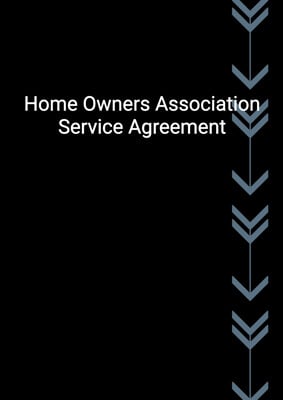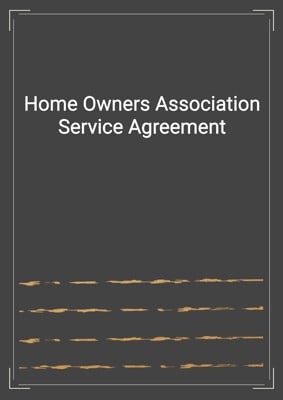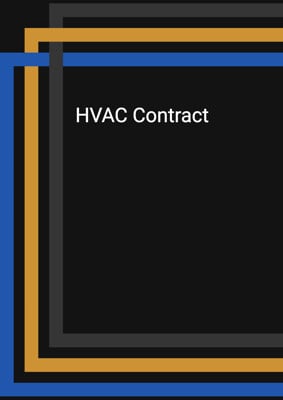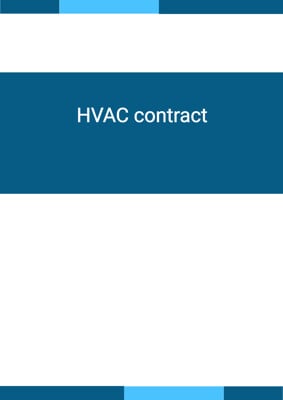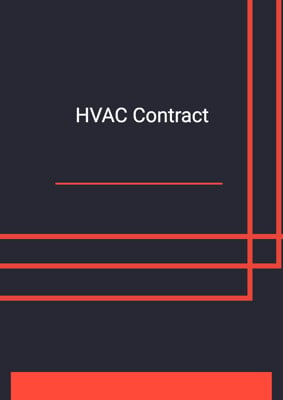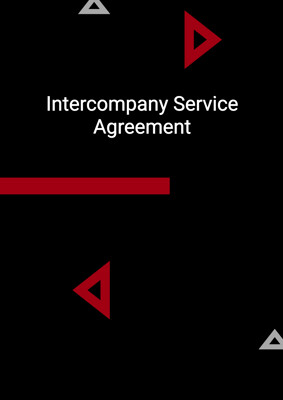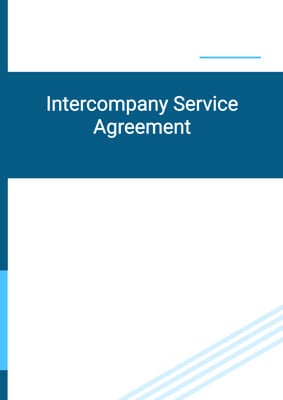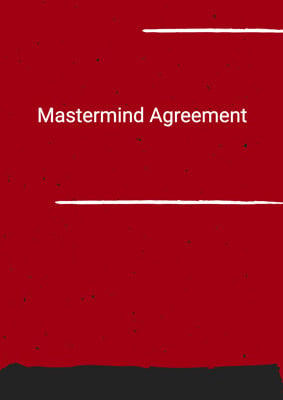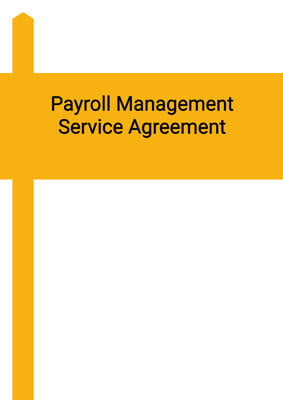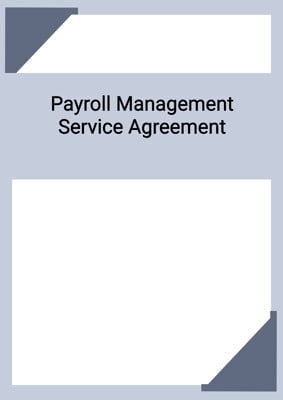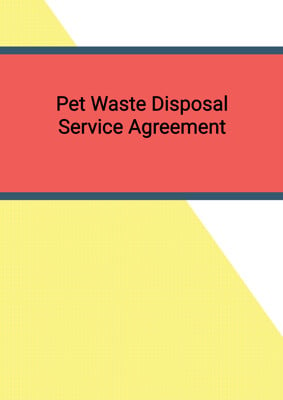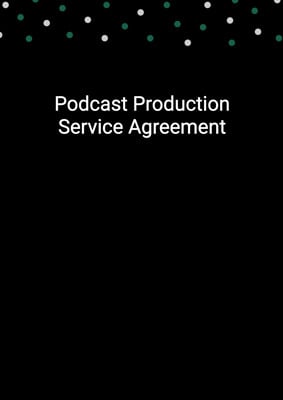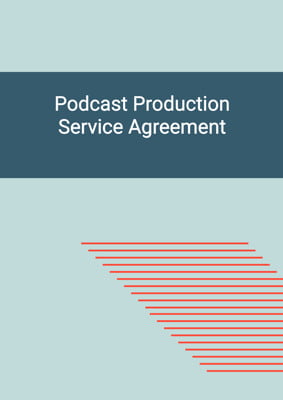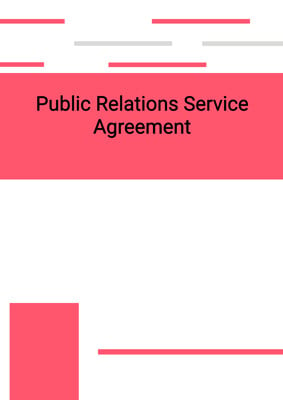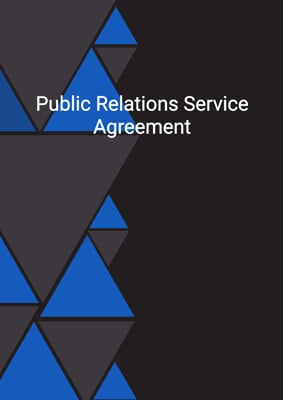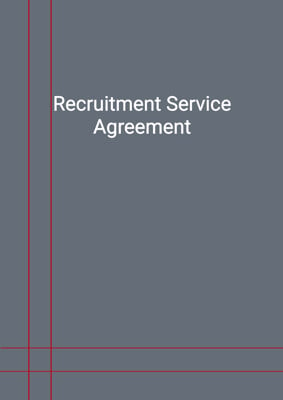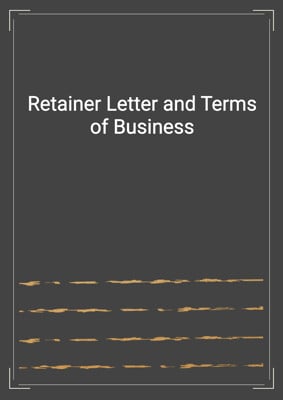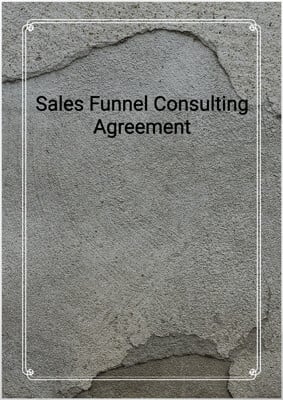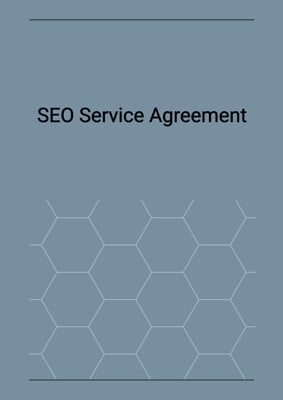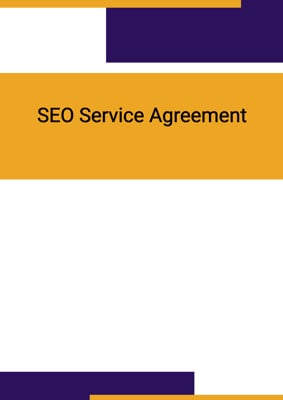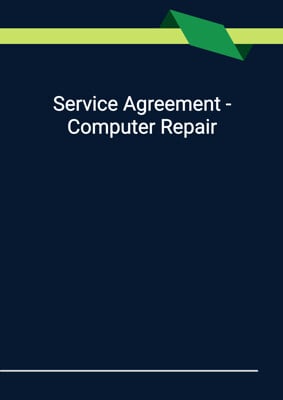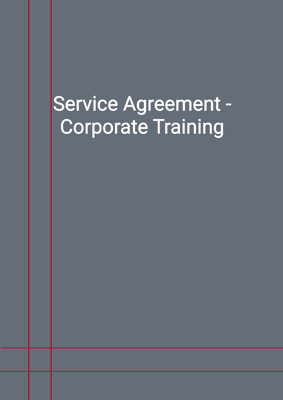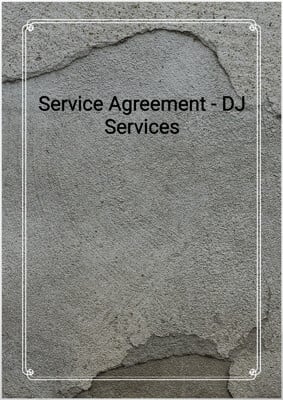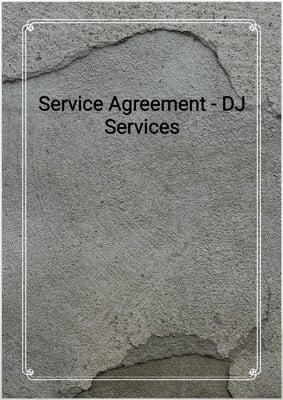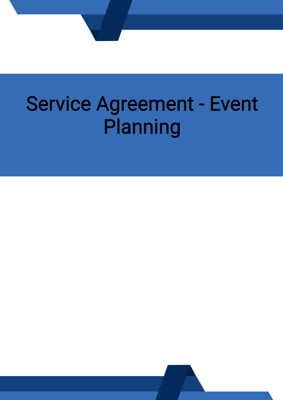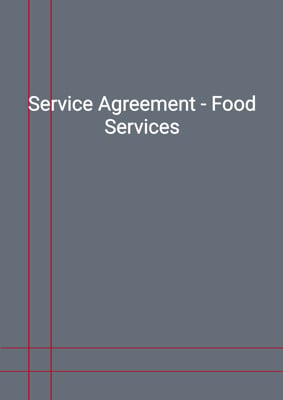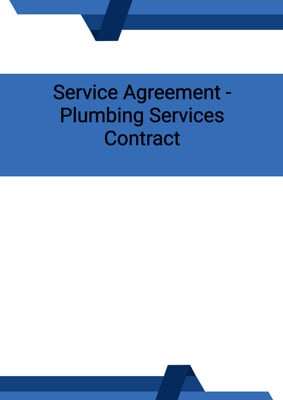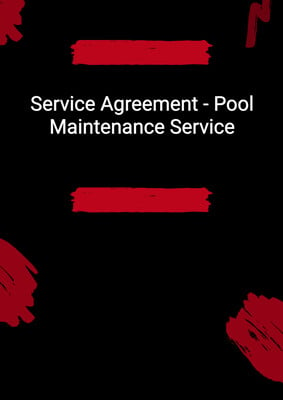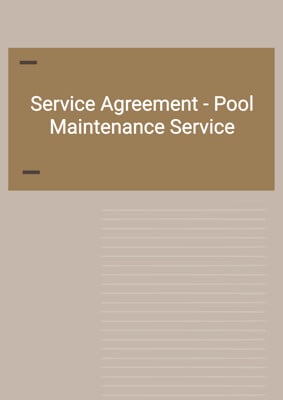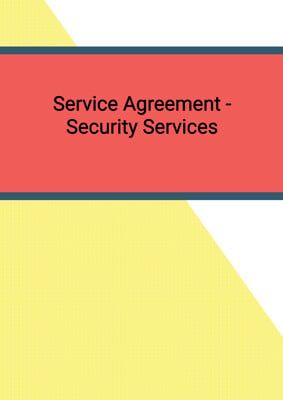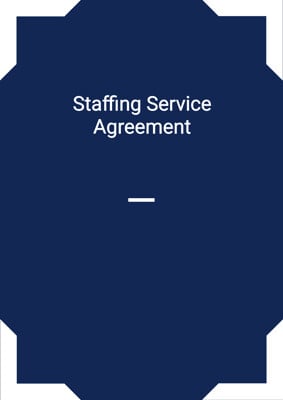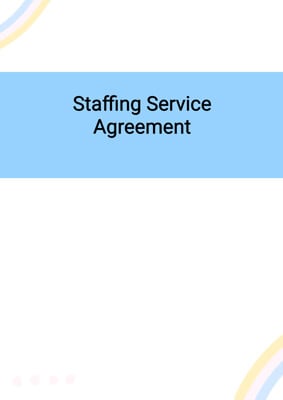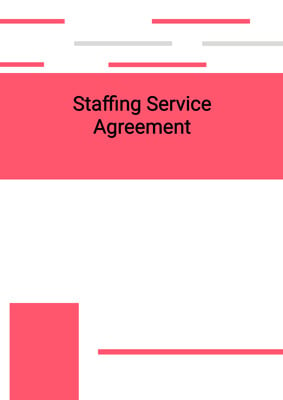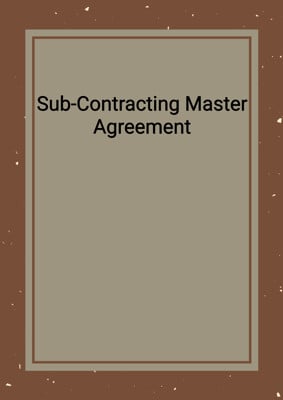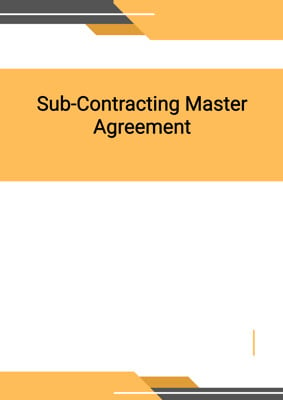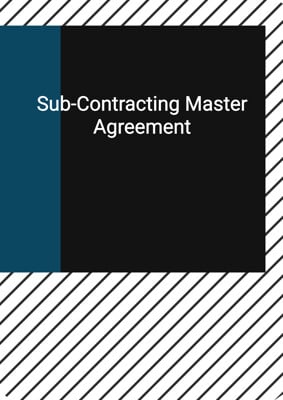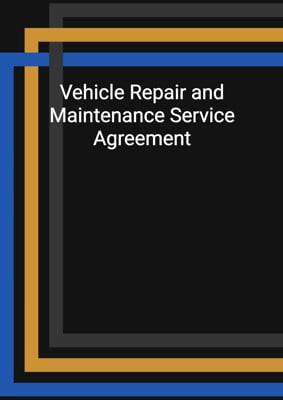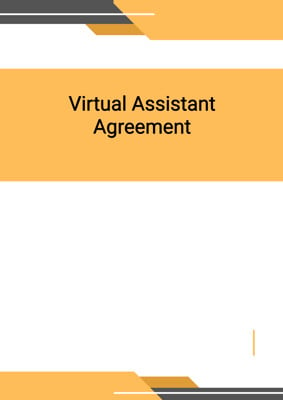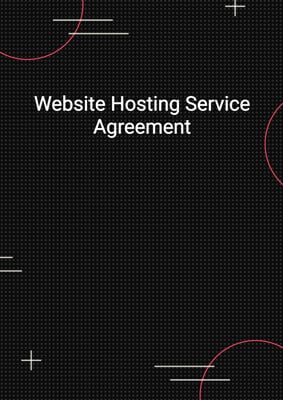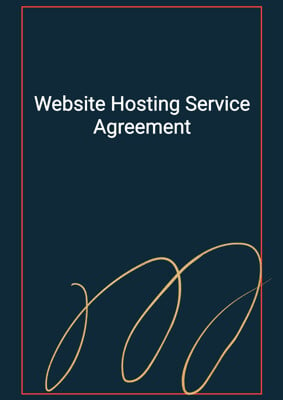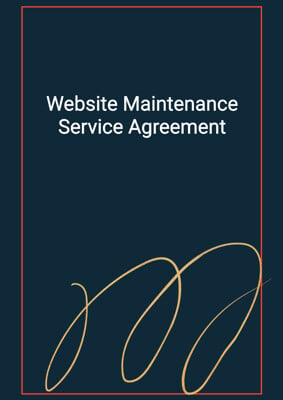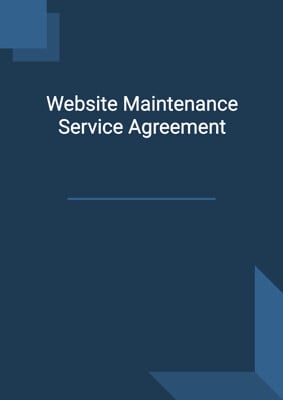How to Tailor the Document for Your Need?
01
Create Document
Fill in the details of the parties. You can click the "Fill with Member’s Information" button to complete it with information saved to your account.
02
Fill Information
Please fill in any additional information by following the step-by-step guide on the left hand side of the preview document and click the "Next" button.
03
Get Document
When you are done, click the "Get Document" button and you can download the document in Word or PDF format.
04
Review Document
Please get all parties to review the document carefully and make any final modifications to ensure that the details are correct before signing the document.
Document Preview
Document Description
The 'Website Maintenance Service Agreement' is a document that outlines the terms and conditions between the company providing website maintenance services (referred to as 'the Company') and the client hiring the company for such services (referred to as 'the Client'). The importance of this document lies in establishing a clear understanding of the obligations and responsibilities of both parties involved in the agreement.
The entire document is divided into several sections, each addressing specific aspects of the agreement. The first section, 'Interpretation,' provides definitions for key terms used throughout the agreement. This ensures that both parties have a common understanding of the terminology used.
The second section, 'Company's Obligations,' outlines the responsibilities of the Company in providing the website maintenance services. It emphasizes the need for the Company to perform the services in a professional and diligent manner, adhering to industry standards and regulations.
The third section, 'Client's Obligations,' highlights the responsibilities of the Client in facilitating the provision of the services. This includes granting the Company access to the website and providing any necessary cooperation, information, and documentation.
The fourth section, 'Completion of the Work,' emphasizes the importance of timely completion of the services. It states that time is of the essence and requires the services to be completed by a specified completion date. In case of any delays, the Client may grant an extension, taking into account the reasons for the delay.
The fifth section, 'Service Fees,' addresses the financial aspect of the agreement. It specifies the service fee payable by the Client for the services rendered by the Company. It also outlines the invoicing and payment terms, including the consequences of late payment.
The sixth section, 'Warranties, Liabilities, and Indemnities,' covers the warranties provided by the Company, the reporting of defects by the Client, and the Company's obligation to rectify any defaults. It also limits the liability of the Company and includes an indemnification clause.
The seventh section, 'Term and Termination,' defines the duration of the agreement and the circumstances under which either party can terminate it. It also addresses the consequences of termination, including the payment of outstanding balances.
The eighth section, 'Ownership of Materials,' clarifies the ownership of the website and the intellectual property rights associated with the services provided. It ensures that the Client retains ownership of the website, while any intellectual property developed under the agreement becomes the property of the Client.
The ninth section, 'Confidential Information,' imposes obligations on both parties to keep the terms of the agreement and any confidential information disclosed during the agreement confidential.
The tenth section, 'Announcements/Publicity,' requires prior approval for any announcements or disclosures related to the agreement, except where required by law.
The eleventh section, 'Amendment,' states that any variations to the agreement must be in writing and signed by all parties involved.
The twelfth section, 'Assignment,' prohibits the Client from assigning the agreement or subcontracting the performance without the Company's written consent.
The thirteenth section, 'Severability,' addresses the enforceability of the agreement in case any provision is deemed illegal, void, or unenforceable. It requires the parties to negotiate and agree on a valid substitute provision.
The fourteenth section, 'Further Assurance,' requires the parties to perform any further acts or execute additional documents necessary to implement the agreement.
The fifteenth section, 'Warranty of Capacity and Power,' includes representations and warranties by each party regarding their authority and capacity to enter into and fulfill their obligations under the agreement.
The sixteenth section, 'Force Majeure,' relieves the parties from liability for any failure or delay in performing their obligations due to causes beyond their reasonable control.
The seventeenth section, 'No Rights under Contracts for Third Parties,' clarifies that the agreement does not confer any rights on third parties to enforce its terms.
The eighteenth section, 'Arbitration and Proper Law,' encourages the parties to resolve any disputes amicably and in good faith. It also includes a jurisdiction clause specifying the applicable law.
The nineteenth section, 'Notices and Service,' outlines the methods and deemed timings of serving notices between the parties.
The twentieth section, 'Counterparts,' allows the agreement to be executed in multiple counterparts, with each counterpart considered an original.
This detailed description provides a comprehensive overview of the 'Website Maintenance Service Agreement,' highlighting its importance and the content of each section.
How to use this document?
To use the 'Website Maintenance Service Agreement,' follow these steps:
1. Interpretation:
- Familiarize yourself with the definitions provided in this section to understand the key terms used throughout the agreement.
2. Company's Obligations:
- Ensure that the Company agrees to provide the services in a professional and diligent manner, adhering to industry standards and regulations.
3. Client's Obligations:
- Provide the Company with the necessary access, cooperation, information, and documentation to facilitate the provision of the services.
4. Completion of the Work:
- Set a completion date for the services and ensure that the Company understands the importance of timely completion. Grant extensions if necessary, considering the reasons for any delays.
5. Service Fees:
- Agree on the service fee payable by the Client for the services rendered by the Company. Understand the invoicing and payment terms, including the consequences of late payment.
6. Warranties, Liabilities, and Indemnities:
- Be aware of the warranties provided by the Company and promptly report any defects in the services. Understand the Company's obligation to rectify any defaults and the limitations of liability. Consider the indemnification clause.
7. Term and Termination:
- Determine the duration of the agreement and the circumstances under which either party can terminate it. Understand the consequences of termination, including the payment of outstanding balances.
8. Ownership of Materials:
- Clarify the ownership of the website and the intellectual property rights associated with the services. Ensure that the Client retains ownership of the website, while any intellectual property developed under the agreement becomes the property of the Client.
9. Confidential Information:
- Maintain the confidentiality of the terms of the agreement and any confidential information disclosed during the agreement.
10. Announcements/Publicity:
- Seek prior approval for any announcements or disclosures related to the agreement, except where required by law.
11. Amendment:
- Ensure that any variations to the agreement are in writing and signed by all parties involved.
12. Assignment:
- Obtain written consent from the Company before assigning the agreement or subcontracting the performance.
13. Severability:
- Understand the enforceability of the agreement in case any provision is deemed illegal, void, or unenforceable. Be prepared to negotiate and agree on a valid substitute provision.
14. Further Assurance:
- Perform any further acts or execute additional documents necessary to implement the agreement.
15. Warranty of Capacity and Power:
- Represent and warrant your authority and capacity to enter into and fulfill your obligations under the agreement.
16. Force Majeure:
- Understand that neither party will be liable for any failure or delay in performing their obligations due to causes beyond their reasonable control.
17. No Rights under Contracts for Third Parties:
- Note that the agreement does not confer any rights on third parties to enforce its terms.
18. Arbitration and Proper Law:
- Endeavor to resolve any disputes amicably and in good faith. Consider the jurisdiction clause specifying the applicable law.
19. Notices and Service:
- Serve notices by hand, email, or post in accordance with the specified timings. Ensure that the addresses of the parties are accurate.
20. Counterparts:
- Understand that the agreement may be executed in multiple counterparts, with each counterpart considered an original.
Not the right document?
Don’t worry, we have thousands of documents for you to choose from:
